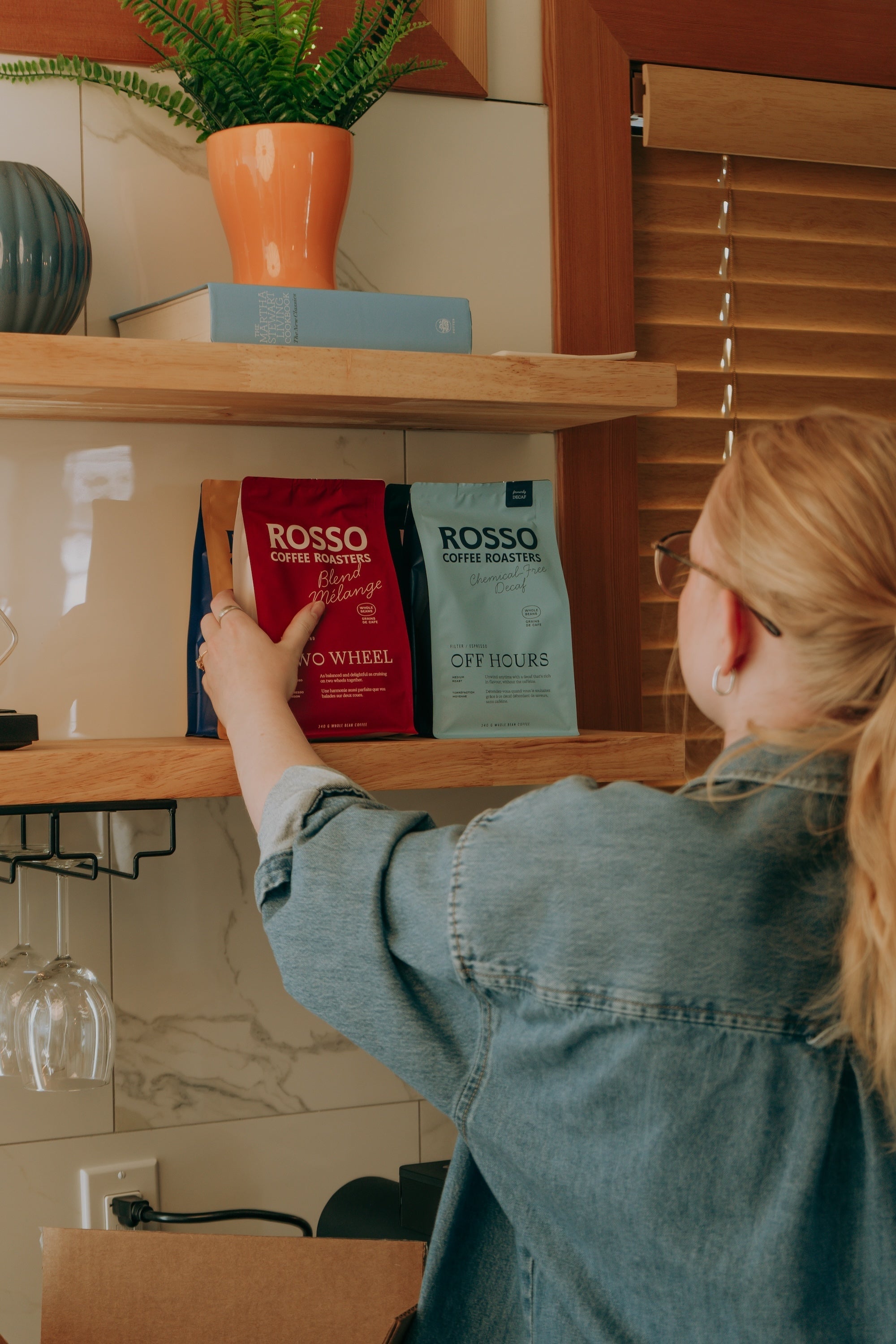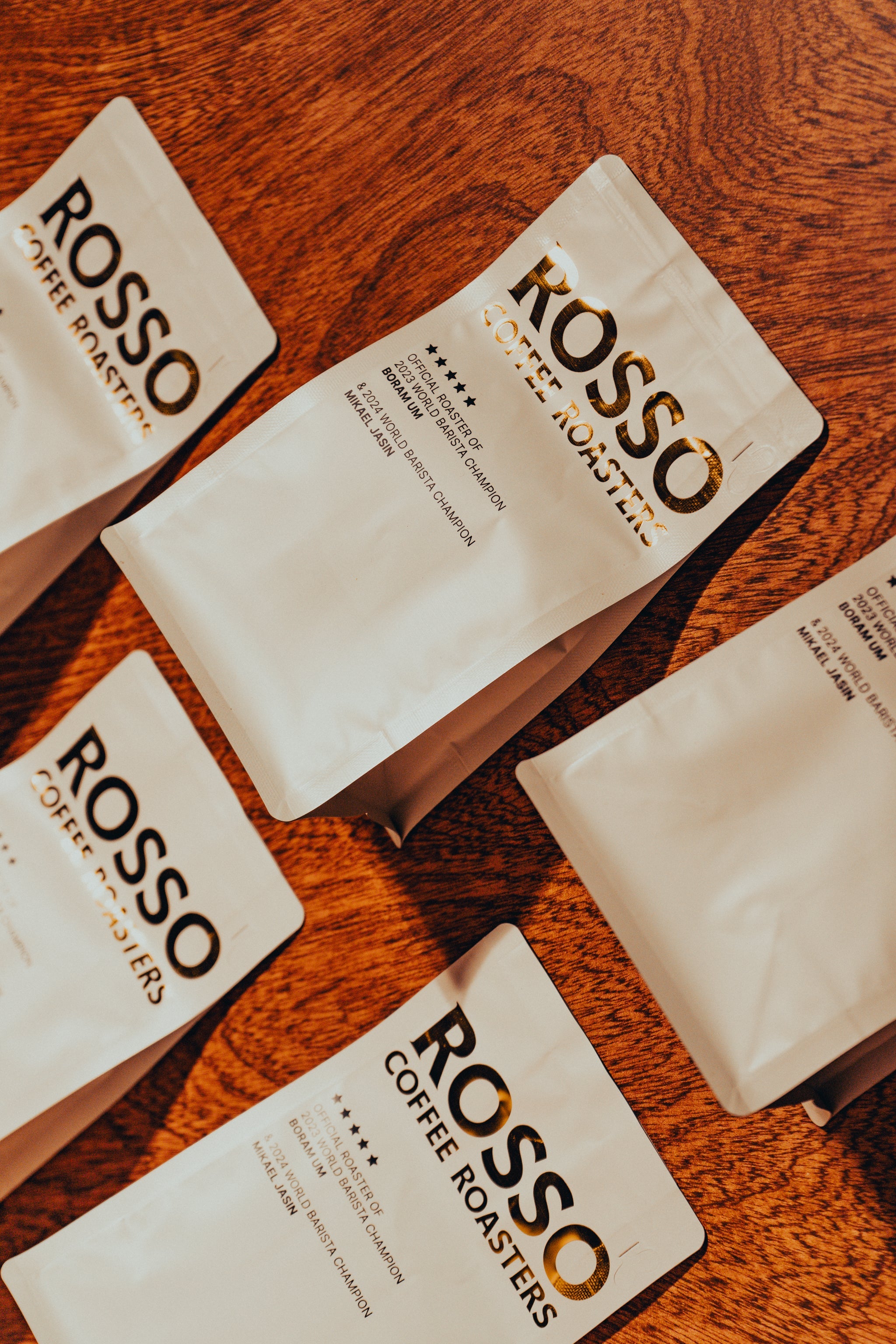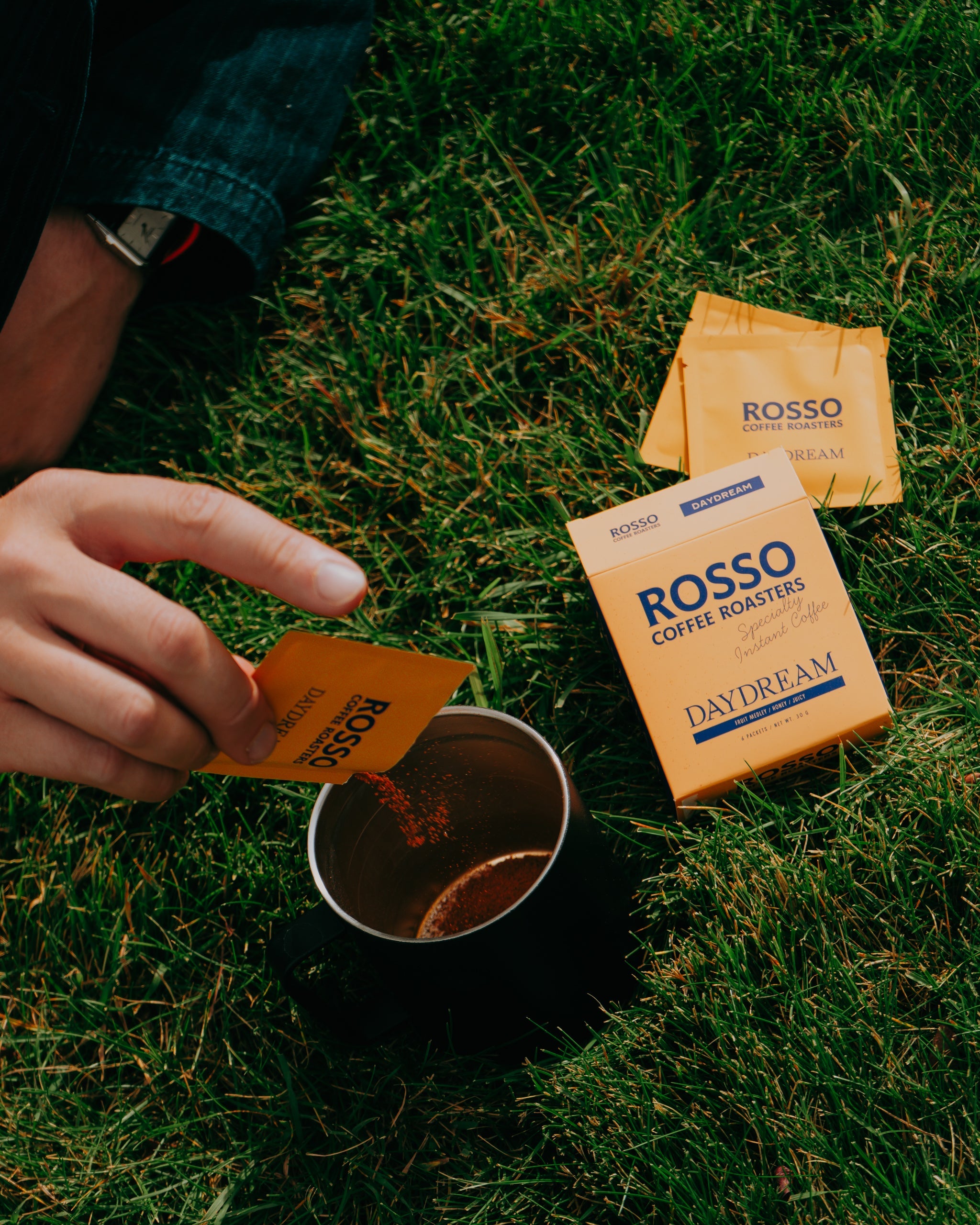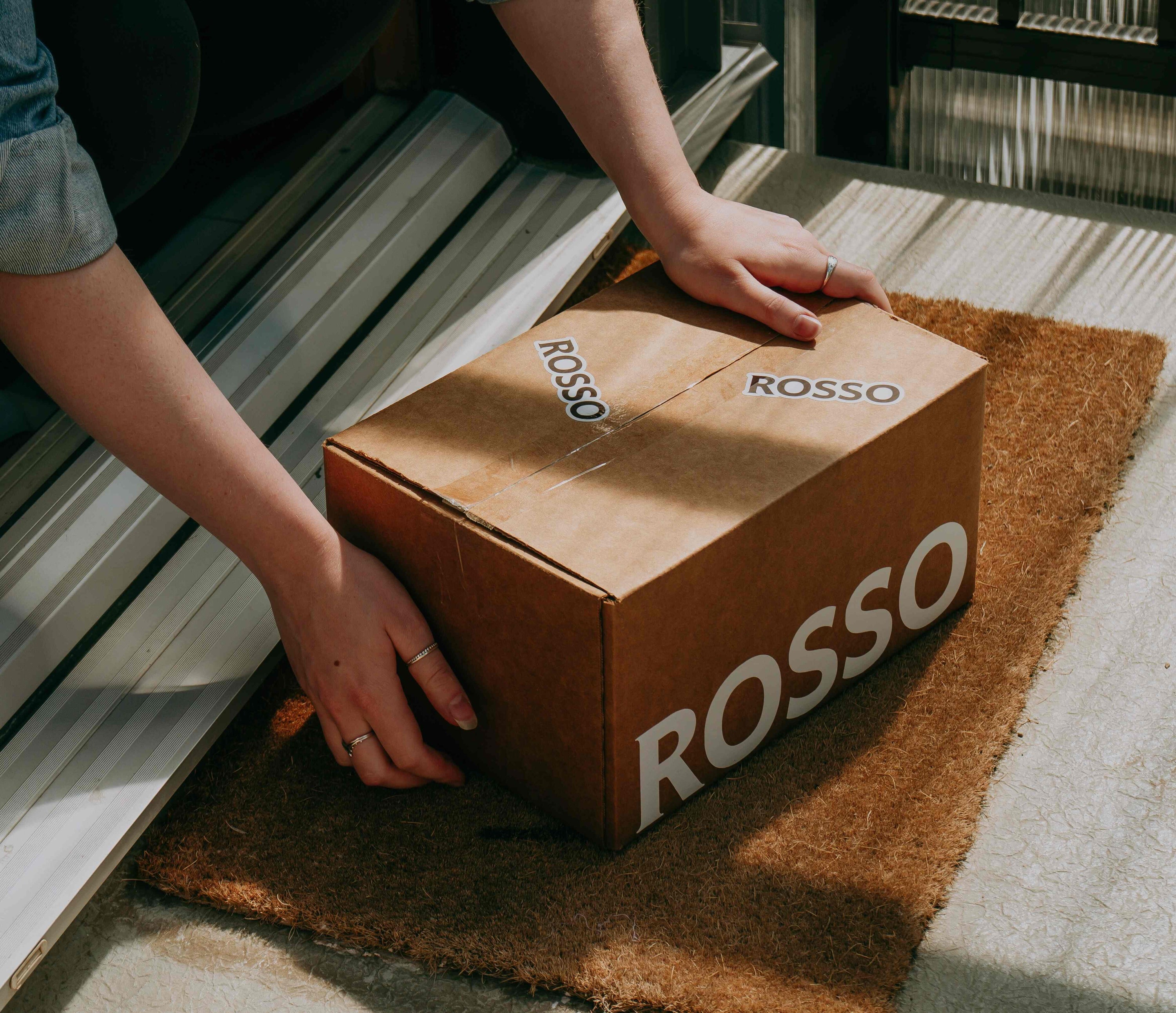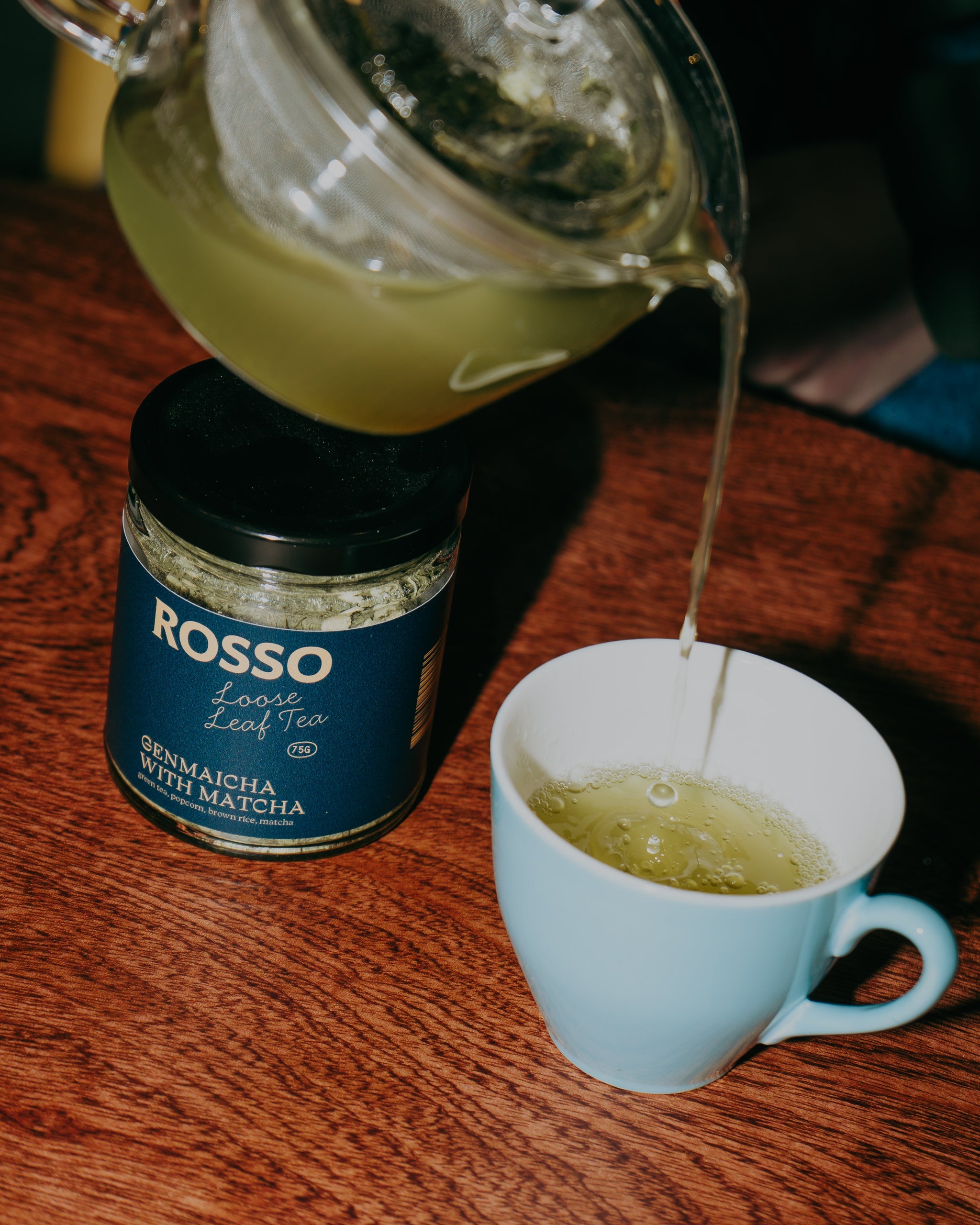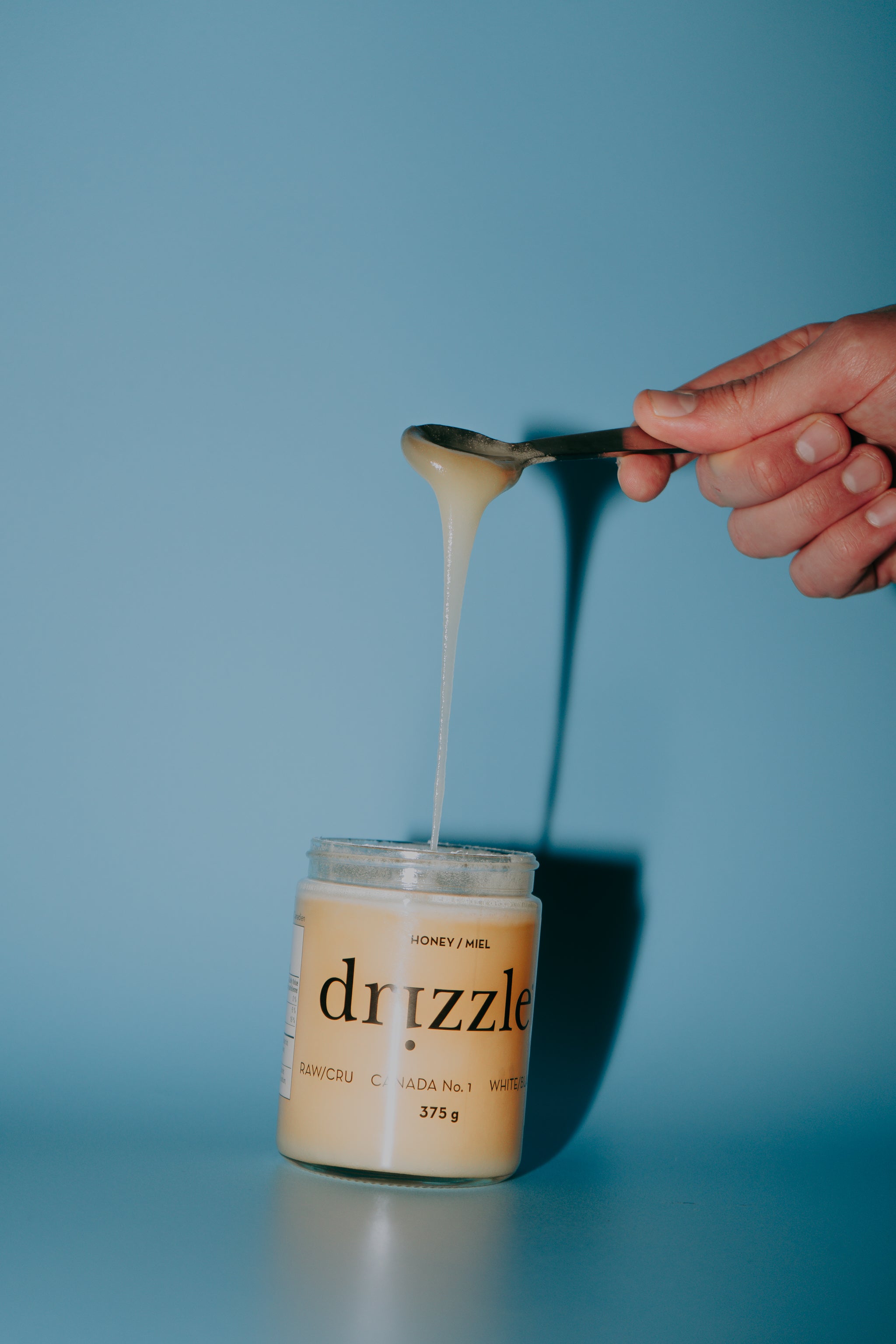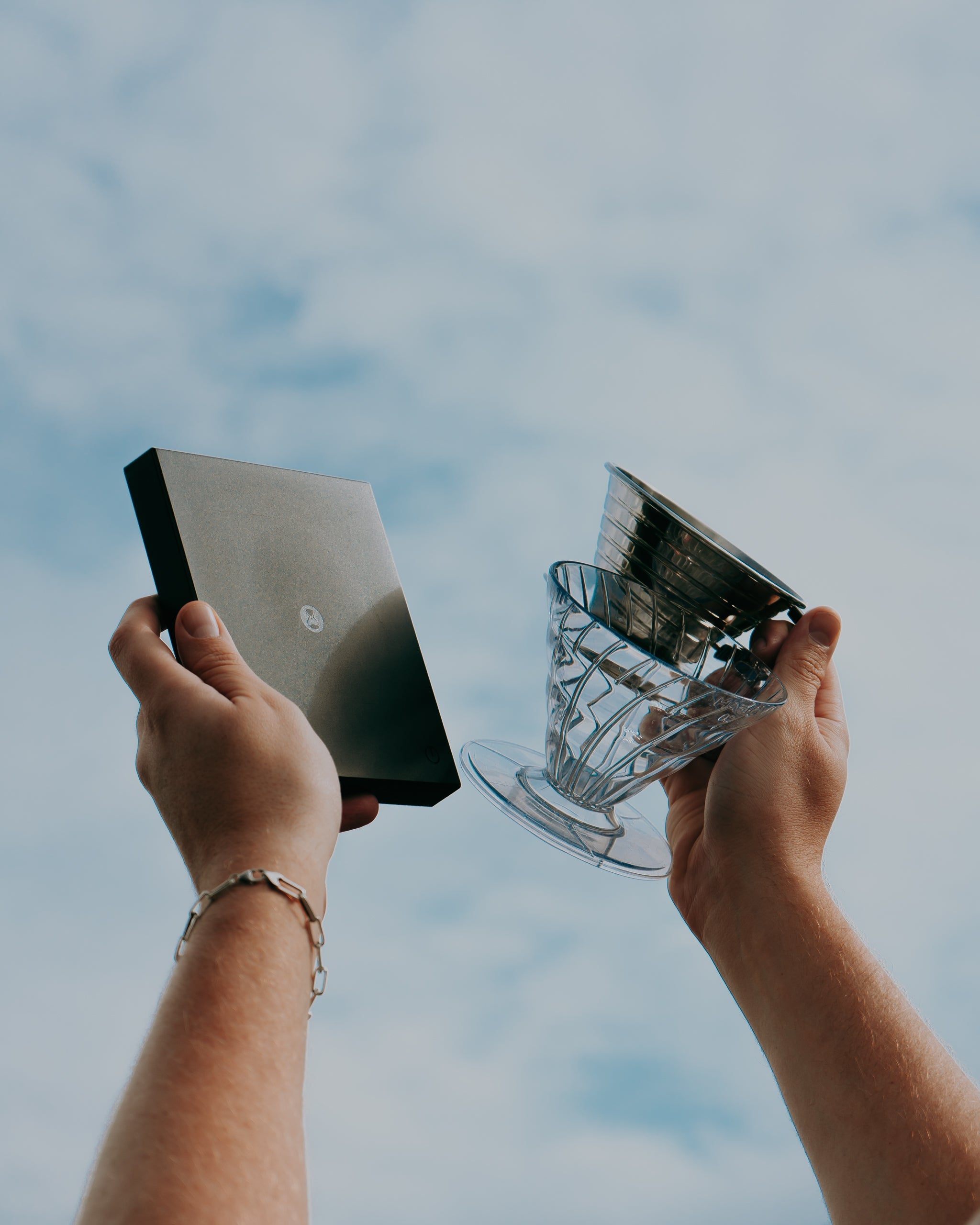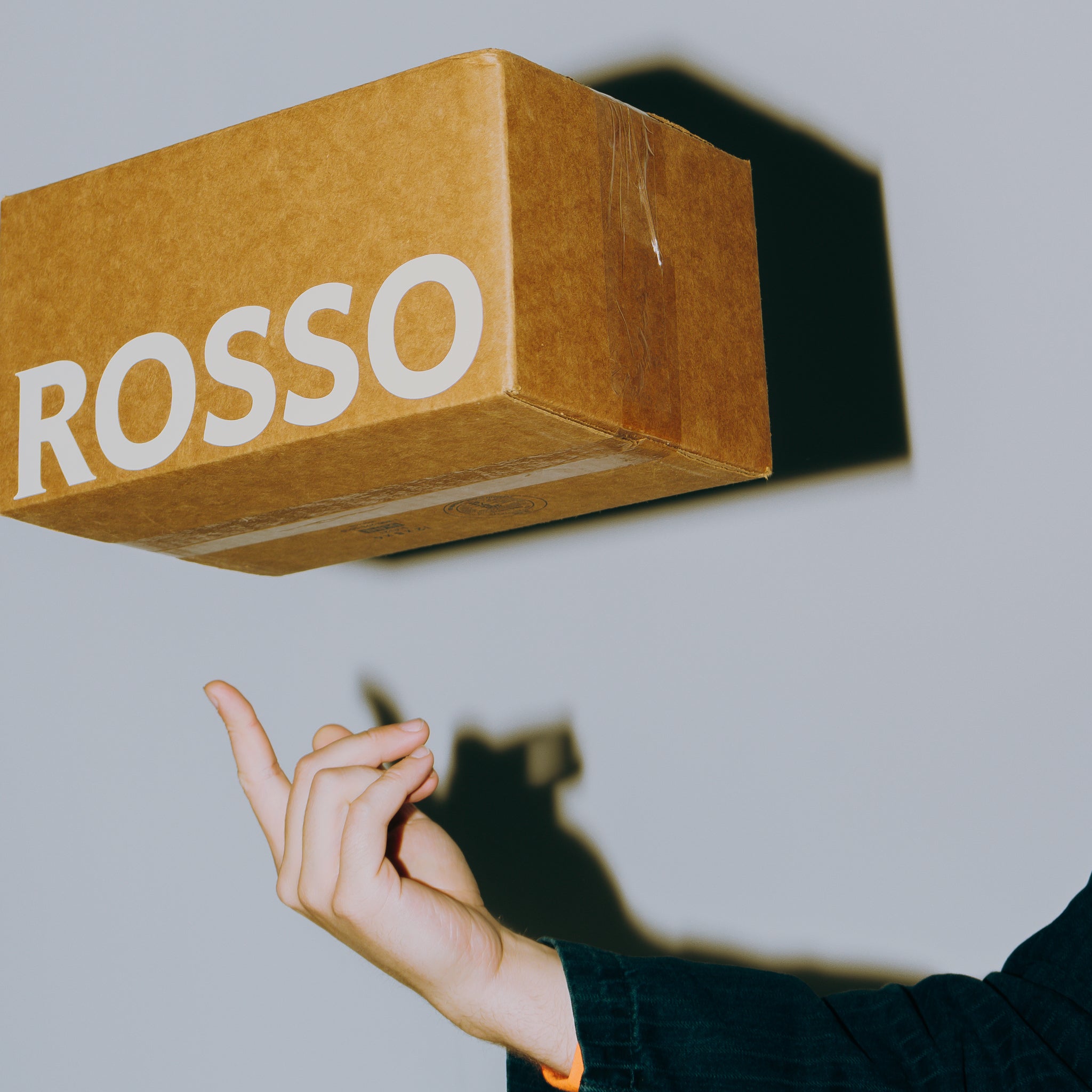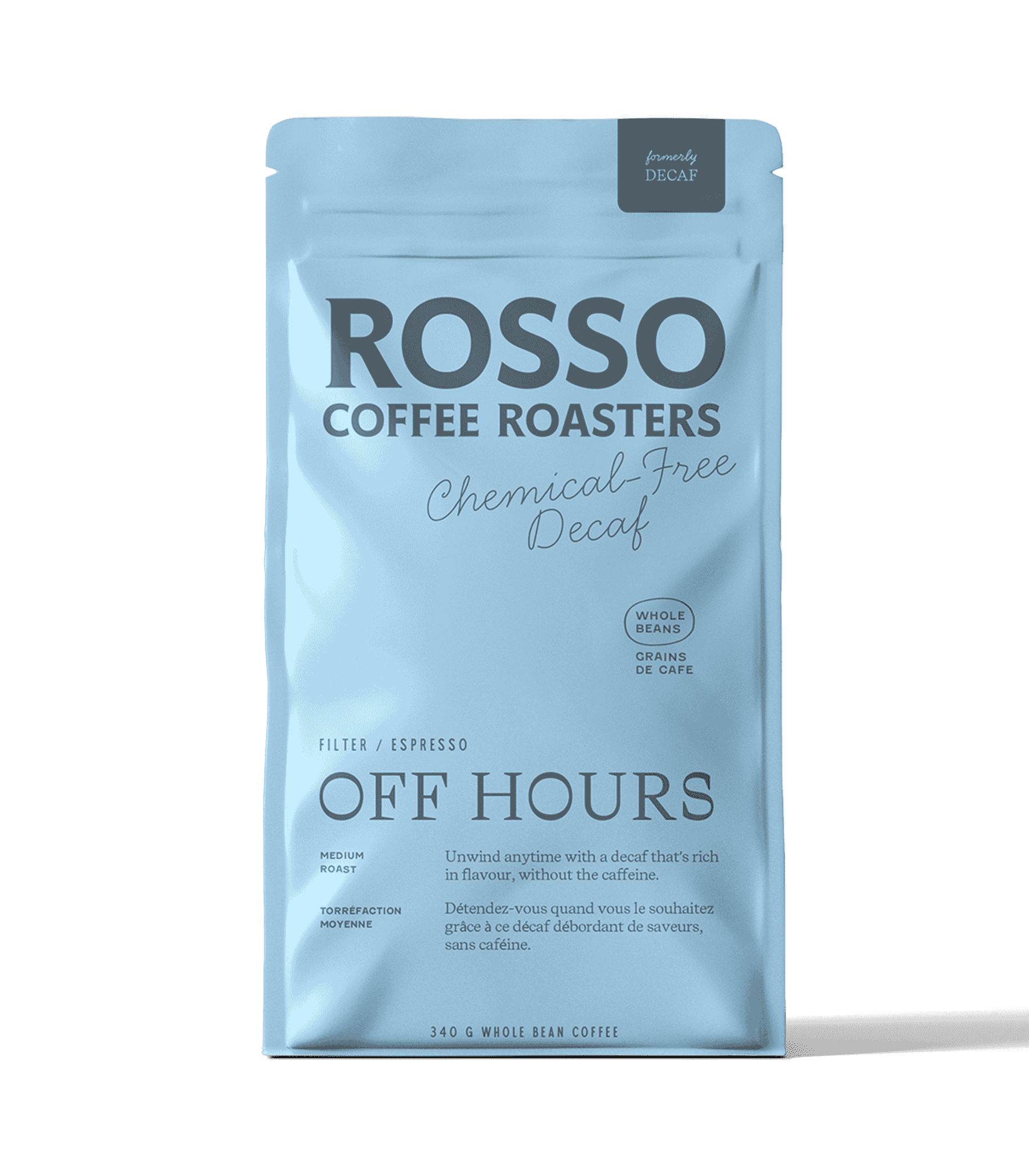

Exploring Our Decaf Options: Sugar Cane Ethyl Acetate vs. Swiss Water Process
At Rosso Coffee Roasters, we understand that coffee lovers deserve delicious options—even when it comes to decaf. If you’ve ever wondered about the methods used to decaffeinate coffee beans, you’re in the right place. In this blog, we’ll explore two popular decaffeination techniques: Sugar Cane Ethyl Acetate (EA) and Swiss Water Process, discussing their pros, cons, and how they ensure a chemical-free final product.
Understanding Traditional Decaffeination Methods
Traditionally, many decaffeination processes have involved the use of harsh chemicals, such as methylene chloride or liquid carbon dioxide. While these methods can effectively remove caffeine, they often raise concerns among consumers due to potential chemical residues. Many coffee lovers are becoming increasingly conscious of what goes into their beverages, prioritizing clean, natural options that align with their values.
At Rosso, we believe in offering decaf that is not only flavourful but also free from these unwanted chemical residues, ensuring you can enjoy your coffee with complete peace of mind.
Sugar Cane Ethyl Acetate Decaffeination
How It Works:
Ethyl Acetate is a naturally derived solvent that is produced from the fermentation of sugar cane, which is often grown near coffee farms, contributing to a low environmental footprint. The process begins with steaming the beans to open their pores. Next, they are soaked in a solution containing EA, which binds to the caffeine molecules. After extraction, the solvent is evaporated, leaving behind decaffeinated coffee beans.
Pros:
- Speed: EA decaffeination is a quicker method, making it ideal for large-scale operations.
- Chemical-Free Final Product: The final product is free from harmful chemicals, providing peace of mind to our customers.
- Lower Environmental Impact: Being derived from locally sourced sugar cane, EA is more eco-friendly compared to traditional chemical solvents.
- Sweeter Cup & Preserved Flavours: Decaf that tastes like coffee—EA is known for producing a sweeter cup.
Cons:
- Potential Residual Taste: Some coffee enthusiasts find that EA decaffeination may leave behind a slight residual taste, though this is often minimal.
Swiss Water Process Decaffeination
How It Works:
The Swiss Water Process is a gentle, water-based decaffeination method that removes only the caffeine, while leaving other soluble compounds in the coffee intact. It begins by soaking the coffee beans in water, allowing the caffeine and other soluble components to dissolve. This water is then passed through a carbon filtration system, which selectively removes caffeine molecules. The now caffeine-free water is returned to the beans, ensuring they maintain their natural characteristics without the need for chemical solvents.
Pros:
- Flavour Preservation: Many coffee lovers prefer Swiss Water Process because it better preserves the coffee’s original flavour and aroma.
- Environmental Friendliness: This method is highly regarded for being completely chemical-free and environmentally friendly.
- Quality Assurance: The gentle nature of the process ensures that the final product retains the rich taste you expect from Rosso Coffee.
Cons:
- Slightly Longer Processing Time: While Swiss Water decaffeination takes only a few hours, it is marginally longer than some other methods. However, this does not impact its availability or efficiency.
Why Choose Chemical-Free Decaf?
Both Sugar Cane Ethyl Acetate and Swiss Water Process methods are safe and approved by regulatory agencies like the FDA. The choice between the two ultimately depends on your personal preferences, budget considerations, and values regarding environmental impact.
At Rosso Coffee Roasters, we are committed to offering decaf options that deliver on both quality and taste. Unlike traditional chemical solvent methods, our EA and Swiss Water decaf processes ensure a clean, enjoyable coffee experience.
Conclusion
We invite you to experience the delightful world of decaf at Rosso Coffee Roasters. Each cup is a testament to our commitment to quality and the belief that coffee should always be enjoyed, regardless of caffeine levels. Discover our decaf options today, and embrace the ritual of every sip!

